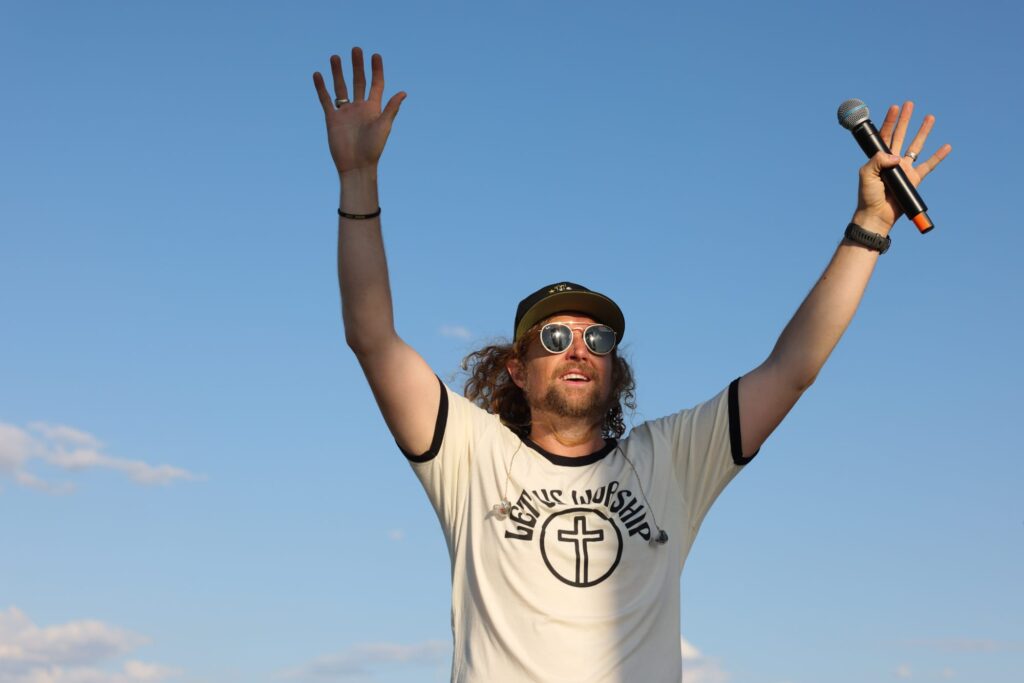Sean Feucht, a polarizing Christian nationalist pastor, is viewed by some as a defender of religious beliefs against the LGBTQ+ agenda, while others condemn him as a Christo-fascist seeking to establish a theocracy. This year, he gained access to the Trump White House for worship events, yet faced bans from multiple Canadian cities for promoting “hate speech.” Feucht is set to bring his “Revive in ’25” tour to Seattle, originally planning to perform in the city’s LGBTQ+ district, Cal Anderson Park, which had recently been the site of clashes between police and counterprotesters.
The event aligns with a broader strategy utilized by Feucht and other Christian nationalist leaders in the Pacific Northwest, who have increasingly adopted confrontational tactics to provoke reactions, garner media attention, and raise funds. Matthew D. Taylor, a senior scholar on American Christianity, observes that Feucht’s approach has shifted radical political ideas into the mainstream, enabling claims of persecution when facing backlash.
Feucht has connections to Bethel Church and its teachings, notably the “Seven Mountain Mandate,” which calls for Christian dominance across various societal sectors. He has previously held events in defiance of COVID-19 restrictions and initiated protests against corporations like Disney. Despite grievances from former colleagues about financial misconduct and ethical concerns, his ministry revenues skyrocketed during the pandemic.
As Feucht’s Seattle event approaches, local officials opted for Gas Works Park instead of the original site due to safety concerns, emphasizing constitutional rights. Counter-protests are planned, highlighting the ideological battle over religious expression amid accusations that Feucht’s approach incites division and hate, particularly against LGBTQ+ communities.



